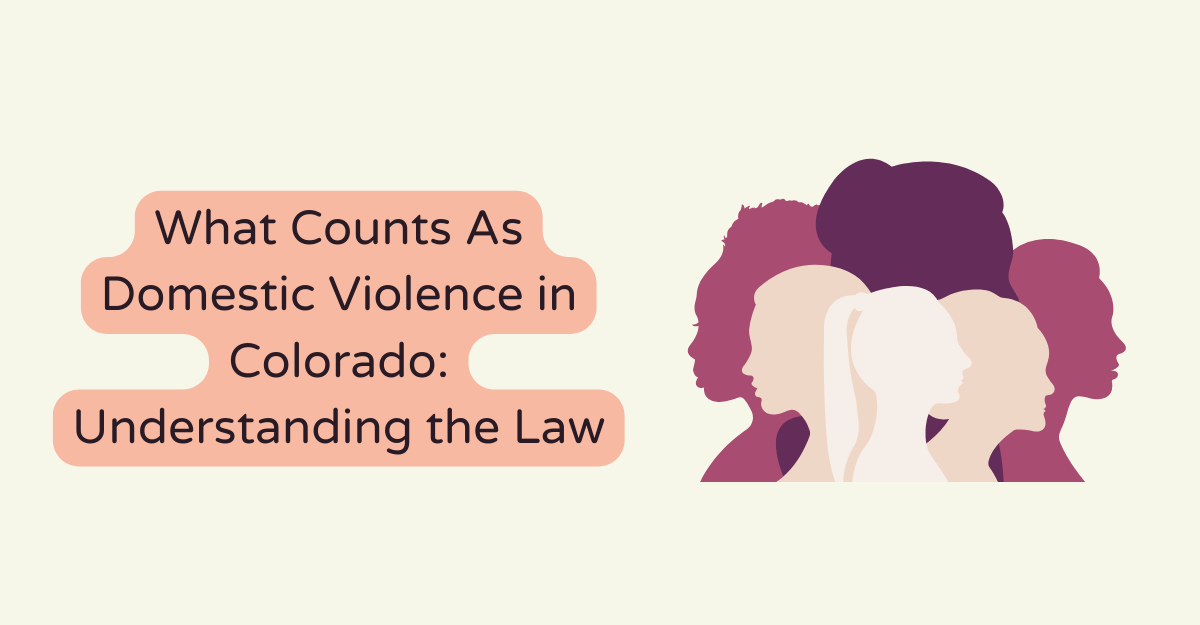
What Counts As Domestic Violence in Colorado: Understanding the Law
Domestic violence is a serious issue that affects individuals and families across the nation, including in the state of Colorado. Understanding what constitutes domestic violence under Colorado law is crucial for both potential victims and those accused of such offenses. In this article, we will explore the definition of domestic violence in Colorado, the various forms it can take, and the importance of seeking legal defense, including the role of a Colorado domestic violence defense lawyer.
Defining Domestic Violence in Colorado
In Colorado, domestic violence is not a separate criminal charge but rather a designation that can be attached to various criminal offenses committed between individuals in specific relationships. According to Colorado law, domestic violence occurs when an act or threatened act of violence is committed against a person with whom the accused has or had an intimate relationship.
An intimate relationship, as defined by Colorado law, includes spouses, former spouses, past or present unmarried couples, co-parents, or individuals who share a child. This broad definition recognizes that domestic violence can occur within a range of relationships and is not limited to marital or romantic partnerships.
Forms of Domestic Violence
Domestic violence encompasses various forms of abusive behavior, and it is not limited to physical violence. In Colorado, acts that can be considered domestic violence include:
- Physical Abuse: Any intentional physical harm or the threat of harm, such as hitting, slapping, punching, or using weapons.
- Emotional and Psychological Abuse: Behavior aimed at controlling, manipulating, or demeaning the victim. This can include verbal abuse, threats, intimidation, and isolation.
- Economic Abuse: Controlling the victim’s financial resources, preventing them from working, or using financial dependence as a means of control.
- Stalking: Repeated unwanted attention, contact, or following, causing fear or distress to the victim.
- Cyberbullying: The use of technology to harass, intimidate, or control the victim, including through social media, messaging, or online platforms.
It’s important to note that domestic violence is not limited to a single act but can involve a pattern of behavior that creates an atmosphere of fear and control within the relationship.
Empowering Yourself Through Legal Representation
If you find yourself accused of domestic violence, seeking legal representation is crucial to navigate the legal complexities and protect your rights. A domestic violence defense lawyer specializes in defending individuals facing domestic violence charges and can assist.
Understanding what counts as domestic violence in Colorado is the first step in addressing the issue, whether you are a victim seeking protection or someone facing accusations. If you find yourself accused of domestic violence, it’s essential to seek the guidance of a domestic violence defense lawyer who can navigate the legal complexities and advocate for your rights. Domestic violence cases are nuanced, and a skilled attorney can make a significant difference in achieving a fair and just resolution. Empower yourself through legal representation and work towards resolving domestic violence issues with the guidance of experienced professionals.






